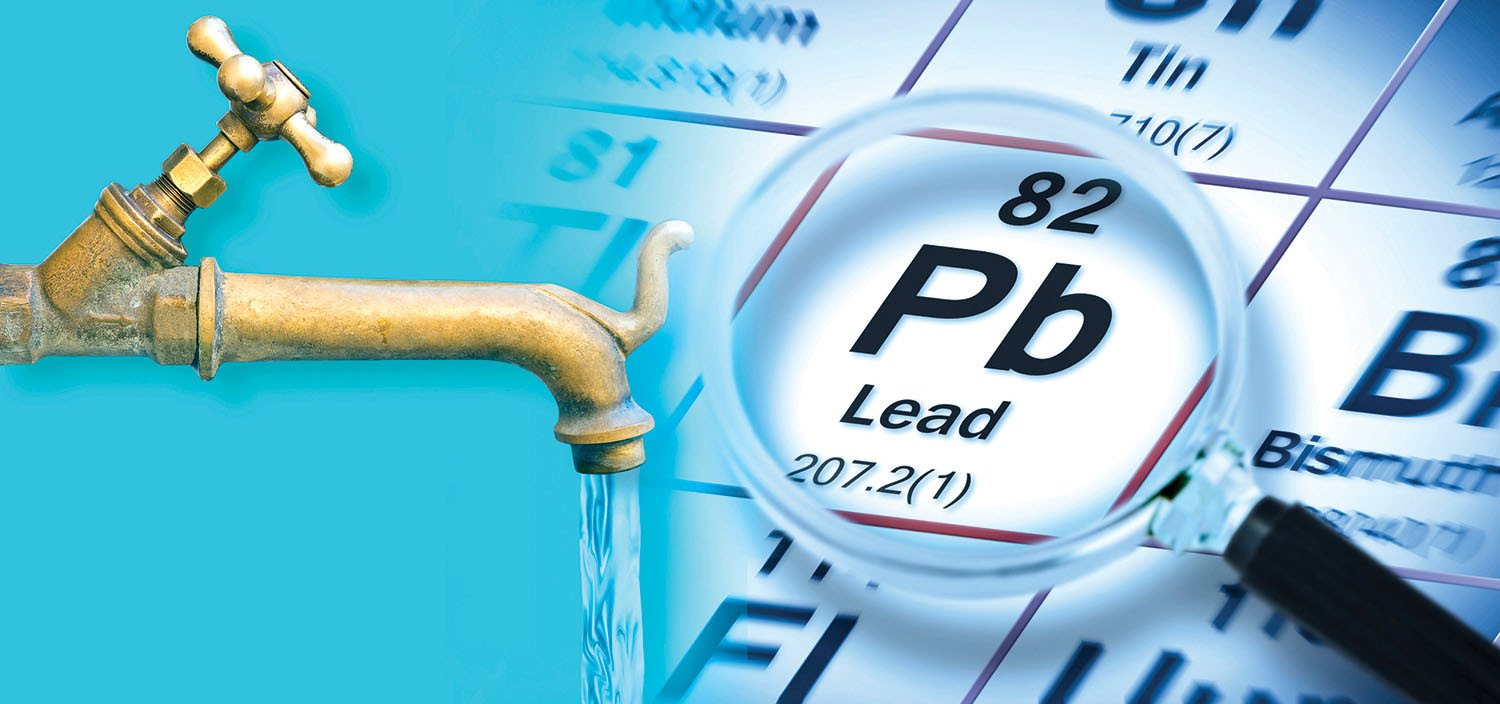
5 timeless habits for better health

What are the symptoms of prostate cancer?

Is your breakfast cereal healthy?

When pain signals an emergency: Symptoms you should never ignore

Does exercise give you energy?

Acupuncture for pain relief: How it works and what to expect

How to avoid jet lag: Tips for staying alert when you travel

Biofeedback therapy: How it works and how it can help relieve pain

Best vitamins and minerals for energy

Should you take probiotics with antibiotics?
Heart Disease Archive
Articles
You don't say? Is there anything right about being left-handed?
Left-handers make up only 10% of the population. Despite some common beliefs, science has yet to show that left-handers have any specific advantages or disadvantages over right-handed people in terms of physical abilities, cognitive health, or longevity.
Your guide to taking statins
Statins continue to be a first-line treatment for many people at risk of heart attacks and strokes. They help reduce cholesterol levels, reduce plaque build-up, and protect against plaque rupturing, and fight inflammation. Possible side effects are often mild, if they occur, and go away after a brief period. Otherwise, people can manage them by changing the dosage or switching to another type of statin, per their doctor's direction.
Sleep added to list of essential healthy heart habits
The American Heart Association added sleep to its list of factors for cardiovascular health. The others are a healthy diet; physical activity; low levels of nicotine exposure; and healthy levels of weight, cholesterol, blood sugar, and blood pressure.
Atrial fibrillation after surgery: Common and undertreated?
After surgery unrelated to the heart, a diagnosis of atrial fibrillation (afib) may be more common than previously thought. These cases, which may constitute 13% of new afib diagnoses, appear to be undertreated.
More protection for your heart? It's just a shot away
A yearly influenza vaccine may help lower the risk of serious cardiovascular complications, especially among people who've had a recent heart attack. Pneumonia and shingles vaccines also help reduce heart attack and stroke risks. Early fall is a good time to get back on track with these vaccines. Several different types of flu shots are available; experts advise getting whichever one is most readily available. For those ages 65 and older who have a choice, three vaccines (Fluzone High-Dose Quadrivalent, Flublock Quadrivalent recombinant, and Fluad Quadrivalent adjuvanted) may offer slightly better protection than the regular-dose shot and are the preferred choice.
The dirt on soil and water pollution
Soil and water pollution from heavy metals, pesticides, and microplastics may affect a person's risk of cardiovascular disease. These pollutants can enter the body when people eat crops grown in dirty soil, drink water contaminated by dirty soil, or inhale soil dust. Lead, cadmium, and arsenic are among the most pressing concerns. Potentially helpful actions include testing one's drinking water, buying organic foods, and minimizing plastic use.
Is alcohol good for your heart?
Over the years, studies have produced conflicting results about the link between alcohol intake and heart health. Some studies suggest drinking alcohol protects against cardiovascular disease, including heart attack, heart failure, and stroke, while others imply the opposite. Now growing evidence says that not only won't alcohol lower a person's risk for cardiovascular disease, but consuming even moderate amounts may increase risk.
Could anger and depression raise the risk of afib?
Psychological issues such as anger, anxiety, depression, and work stress are associated with a greater likelihood of the heart rhythm disorder known as atrial fibrillation, according to a 2022 study.
The heart disease gender gap
Women don't fare as well as men when it comes to getting treatment for coronary artery disease. Social and cultural factors may help explain this discrepancy. Women tend to downplay their symptoms and delay seeking treatment. But health care providers may be contributing to this problem, too A major underlying issue may be the underrepresentation of women in clinical trials of heart-related conditions.
Hybrid exercise training
Hybrid exercise training combines heart-pumping aerobic action with muscle-strengthening moves in the same exercise session. The strategy has the advantage of meeting two key goals of the federal Physical Activity Guidelines in one fell swoop. And it also appears to be one of the best—and most time-efficient—ways for people who are overweight to lower their risk of cardiovascular-related risk factors. Strong muscles boost a person's basal metabolic rate—the amount of energy the body needs to keep working during rest. That improves weight-loss efforts by ramping up the number of calories burned.

5 timeless habits for better health

What are the symptoms of prostate cancer?

Is your breakfast cereal healthy?

When pain signals an emergency: Symptoms you should never ignore

Does exercise give you energy?

Acupuncture for pain relief: How it works and what to expect

How to avoid jet lag: Tips for staying alert when you travel

Biofeedback therapy: How it works and how it can help relieve pain

Best vitamins and minerals for energy

Should you take probiotics with antibiotics?
Free Healthbeat Signup
Get the latest in health news delivered to your inbox!
Sign Up











